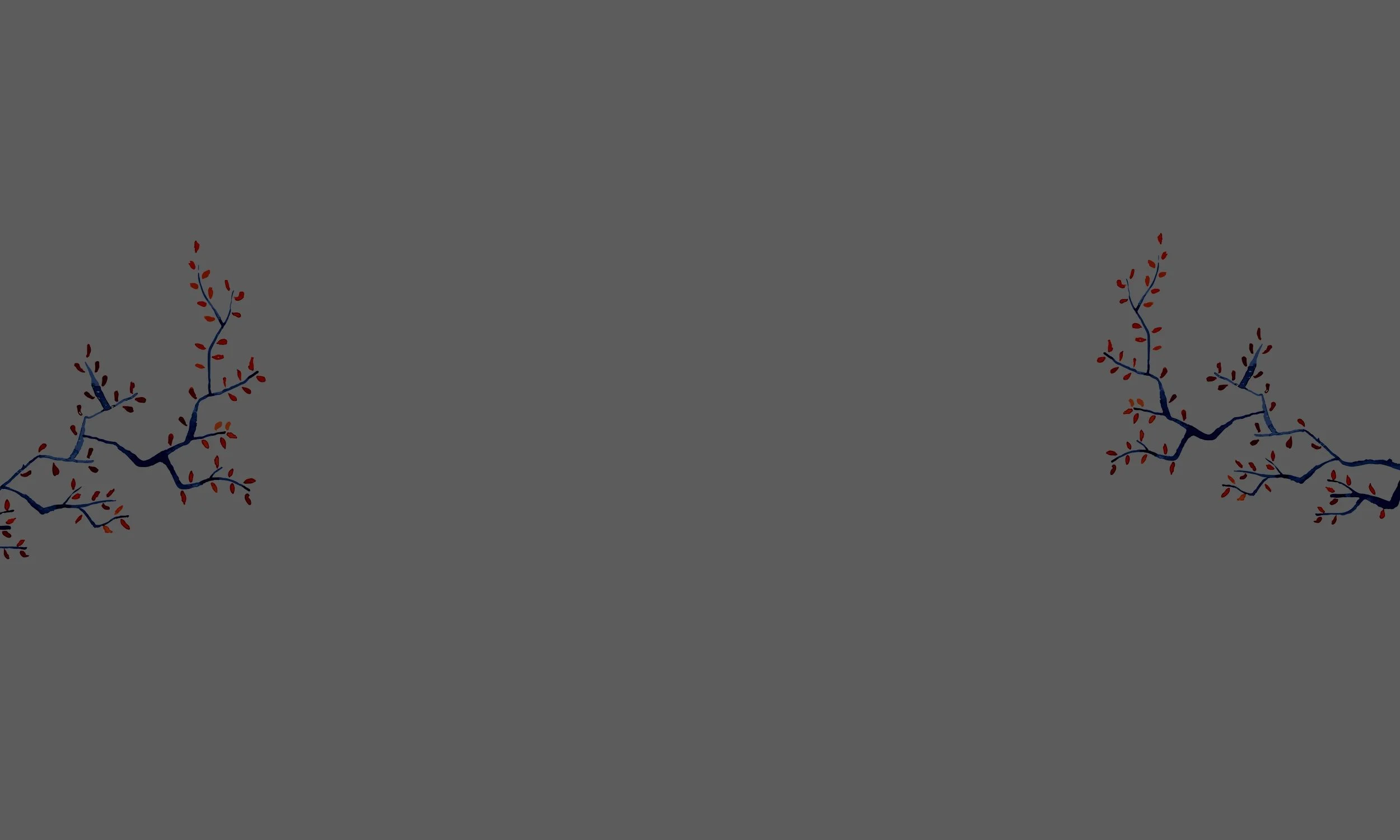About
What's the issue?
Children and young people have been at the forefront of environmental activism in recent years, from protesting to press their governments to tackle the climate crisis, to bringing legal challenges against those who have polluted the environment. But they are frustratingly often excluded from decision-making processes, and laws don’t always protect children’s rights to stand up for the environment and their future. Children are penalised for missing school to protest, or worse criminalised in some countries.
This should not be the case. Children should have a right to stand up for the things that matter to them, without fear of being punished. Children should also be able to use the law to protect the world they live in now and shape the future they want to live in.
It isn’t just a question of protecting the planet for future generations.
We must protect their right to fight for it.
What is CRIN doing?
This project is an integral part of our climate justice strategy. For rights to have meaning, they need to be recognised, respected and enforced, and when they are violated, remedies must be available.
Access to justice is about bridging the gap between the frontline efforts of those fighting for children’s environmental rights, and the laws and systems that affect them.
Justice and accountability are not up for negotiation. There will be no sustainable future without justice at its core. With this work, we want to identify where responsibility lies and what can be done to ensure justice is accessible for children and their representatives. The project is long-term and will have different stages to it.
Understanding the laws of each country
Our first step is to ensure that our legal knowledge base of the country is correct. We want to understand what the law is first and then use this as the basis for policy and advocacy work.
We started this project by conducting research in 45 countries around the world. We are looking at:
- How the law protects - or fails to protect - children’s environmental rights.
- How children can currently access the courts in environmental cases.
- What courts can do when children’s rights are violated.
- How these countries protect - or fail to protect - children’s civil and political rights so that they are able to protest and campaign on environmental issues.
Starting in early 2022 we will be releasing our legal country-based reports in batches, as they are ready, for the 45 countries.
Developing advocacy materials for lawmakers and activists
Once the legal reports are out, we aim to develop further materials, in collaboration with those in the 45 countries, because legal research is not enough. Key to this will be building relationships with those in the countries, to ensure we understand together the situation and what is needed.
We also want to translate this research into tools that children and young people can use directly in their campaigning, but we can only do this after speaking with them, to understand what their needs are on this issue.
Get Involved
If we’re to tackle the climate crisis before it’s too late, we all need to work together, bringing the skills and experience we all have. This is why we want to make this project as collaborative as possible from the beginning. We are working with legal researchers around the world and we will be sharing our research soon under creative commons licence so that everyone is free to use what the project produces in their own work. We’d like to work with anyone who shares our aims of a world where children can rely on the justice system to enforce their environmental rights, whether researchers or lawyers who want to share their expertise or campaigners who want to work together towards this aim.







